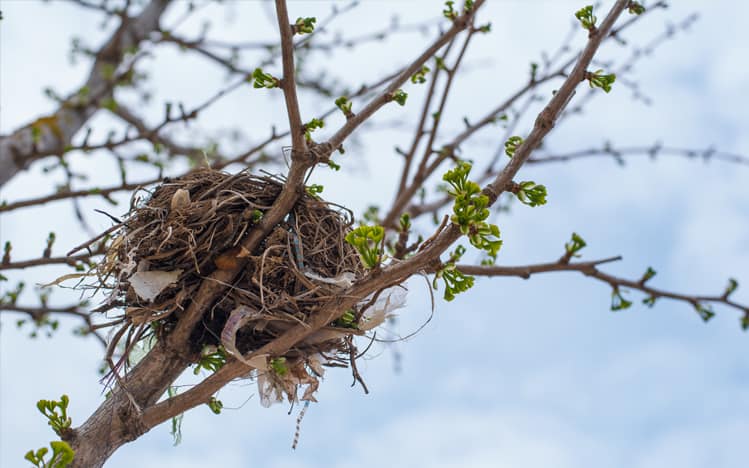
Could You Spot a Bite from a Bird Mite?
Insect bites are frustrating, and something most of us will experience at one time or another. Some insects and pests cause problems at certain times of the year and not others. April marks the start of a six-month period where bird mites can become problematic for some people.
There is a greater chance of being bitten by these mites if you have a bird’s nest in your attic or chimney in your property. If so, it is far easier for the mites to find their way into the main areas of your home. The mites could be one of several types, but they will all come from the birds that have invaded your home. There are thousands of species that are commonly referred to as bird mites.
How can you tell if you’ve been bitten?
The tell-tale sign is itching. You will also find red spots on your skin around the bites. Your skin is likely to go red and you may think you have a rash. These bites can be very uncomfortable, although you can avoid them if you get an insect repellent to put on your skin. Not all repellents will work though, so make sure you find one that works on these mites.
The mites themselves are very tricky to spot. Their bites are one of the clearest signs they are present. The mites typically measure well under 1mm across.
What should you do if you suspect your home has bird mites?
The best option is to seek professional assistance from expert pest controllers. Bird mites will happily multiply – and they’ll do so very quickly. This is not a problem that will naturally die out if you leave it. Few people could put up with being bitten every day (although bites from bird mites tend to occur more readily at night).
Even if you do your research and purchase the right items to kill the mites, you must still know exactly how to use those items to kill them. Bear in mind too that not all pest control companies are experienced in dealing with these mites. By choosing a company that does have ample experience in this area, you can be certain you will get rid of the pesky problem.
With a six-month season of bird mites just beginning, now is the time to do something about a suspected infestation.
